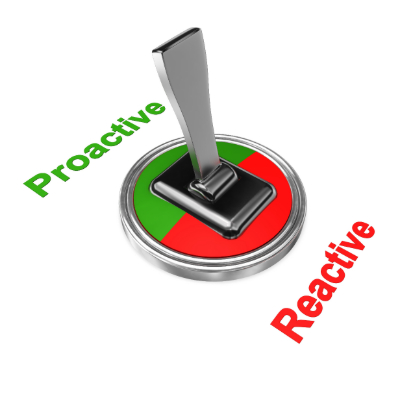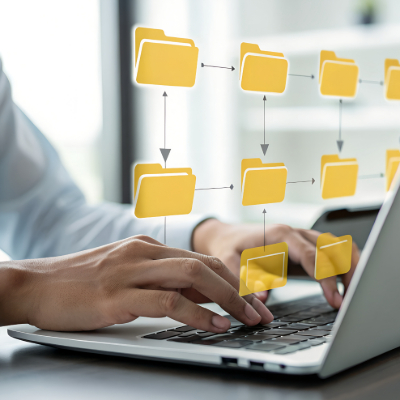Windows 10 is near the end of life and most PCs are not capable of running Windows 11. If your business is still relying on outdated hardware, now’s the time to assess, plan, and upgrade—before it costs you in downtime, security risks, and lost productivity.
Are you struggling with your IT management? Would you rather be focused on doing business than resolving technology problems? If so, we have a solution for you, and it’s way easier than finding time in your day to juggle the countless responsibilities of an IT technician.
Today (as of when this was posted) is Friday, so ideally, the feeling in the office would be one of happy anticipation for the weekend… but what if a server crashes, and work gets put on pause, but all the deadlines still stand? This would undoubtedly put a damper on the weekend, and that’s the least of your worries. Who’s going to fix the server? This kind of situation is precisely why modern businesses can’t afford to wait for things to go wrong, and need to have a resource on their side to proactively address these kinds of issues and catastrophes.
So, you’re used to Apple technology but now you’ve got a Windows computer for work. We get it. Since most companies use Windows, we’ve been dropping some guides to help you get the hang of it. This time, we’re diving into the File Explorer; basically, how you find anything on your PC. If you want to get up to speed on other Windows features, check out our other posts under the Learning Windows tag.
Today’s workforce is faster, more digital, and increasingly remote, especially for small and mid-sized businesses. If you’re still using a landline, you’re being slowed down by outdated technology that’s inflexible, expensive, and not built for modern business demands.






